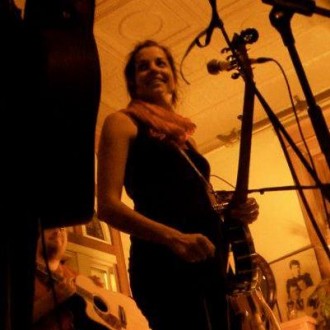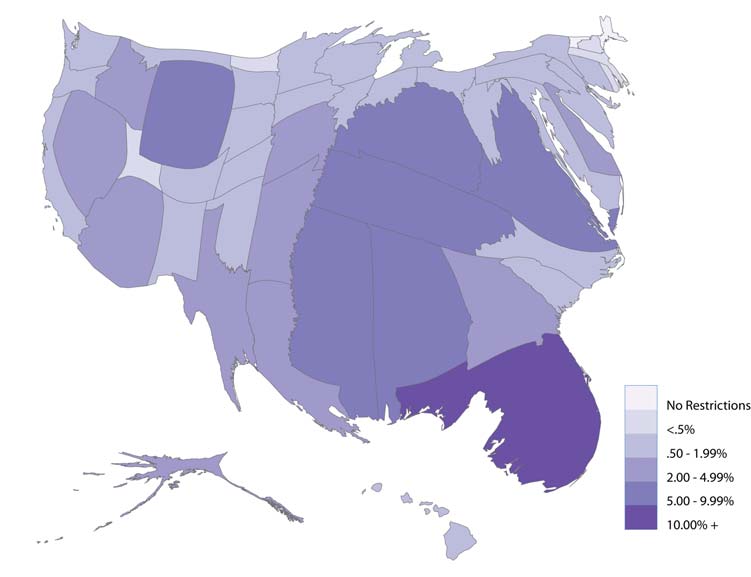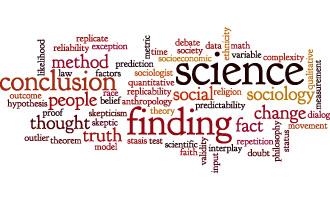 At first I demurred — and I was such a pretentious little dirtball that I might’ve actually said, “I demur.” I’ll get to the context in a minute, but today’s hot summer wind calls to mind a July day that taught me something about opportunities.
At first I demurred — and I was such a pretentious little dirtball that I might’ve actually said, “I demur.” I’ll get to the context in a minute, but today’s hot summer wind calls to mind a July day that taught me something about opportunities.
Another epic post-church Sunday rush had finally wound down at the pancake house. Stuck over a hot grill since 5:30 in the AM, I couldn’t wait to scrub off the grease and collapse on the naugahyde couch in the cool of my parents’ basement. As I walked out of the kitchen, I saw a couple of the twentysomething waitresses outside, making plans. Terry said her band was playing at Kaposia Park that afternoon and invited me to stop by and sit in on a few songs.
I liked Terry. She was too serious for some of the cooks, but even as a kid I respected people who took their work seriously. And, when we weren’t swamped with orders, I noticed she used the same tone of voice with everyone from the shift manager, to the cops drinking coffee, to the busboys working the carpet sweeper. That made her a good egg in my book. Somewhere along the line, she told me she sang in a country band and I’m sure I must’ve yammered on about my rock star aspirations.
Out in the parking lot by the walk-in cooler, I said, “It sounds like fun, but I’m just not into that kind of music. No offense.” I’m sure it was the “no offense” that did it. For a second, Terry flashed me the sort of look I’d get if I’d dropped a plate on the floor. Then, with just a hint of a smile on just half of her face, she said, “Well, you must be one heckuva musician if you can afford to be so picky about opportunities to play.”
A direct hit – and totally disarming. She knew I was a 3-chord wonder, more scared of the stage than averse to the genre. But instead of calling me out on it, she was offering a face-saving invitation: C’mon, man, are you serious about this or not? I said I’d try to make it.
By the time I got to the park, there was a big joyful noise coming from the pavilion. I don’t recall much after that, except that the band was fast, loud, and awesomely sloppy and that Terry (who’d literally let her hair down) was an engaging frontwoman on stage. Eventually, I sang along on some sing-alongs, including Mamas Don’t Let Your Babies Grow Up to be Cowboys and Good Hearted Woman. My guitar stayed in its case and I had to freestyle-mumble the verses, but I stomped my feet and shouted along on the choruses. Though I didn’t make much of a contribution, I felt more happy, relaxed, and energized than I’d been in weeks.
I never grew into a real musician, but I still think of Terry when confronted with new opportunities. I say no sometimes, but I try to make sure my knee-jerk negative reactions aren’t driven by the fears and insecurities I felt at 17. Now that I’m more “senior,” students are starting to ask me for career advice. Often, where I’ll see tremendous career opportunities they’ll just see a bullet to be dodged. I’ll gently suggest that it might not be so disastrous to take that research assistantship or collaborative opportunity or post-doc position, even if it doesn’t perfectly align with their current career interests. And when I’m feeling especially bold or the summer heat just summons my own travails, I’ll offer half a smile and say, “Well, you must have one heckuva lot going if you can afford to pass on an opportunity like this.”
photo courtesy Curtis Gregory Perry, flickr.com
 I went to a rock concert the other night and a cello recital broke out. It was a standard summer festival, but the three bands I saw (Avett Brothers, Lumineers, and Lucy Michelle and the Velvet Lapelles) all featured more cello than ELO. While I made some pretty outlandish predictions as a music writer — pegging Stan Ridgway as the Dylan of the New American West, to take but one erroneous prediction — I never foresaw so many beer-drinking twentysomethings whooping it up over a cello solo.
I went to a rock concert the other night and a cello recital broke out. It was a standard summer festival, but the three bands I saw (Avett Brothers, Lumineers, and Lucy Michelle and the Velvet Lapelles) all featured more cello than ELO. While I made some pretty outlandish predictions as a music writer — pegging Stan Ridgway as the Dylan of the New American West, to take but one erroneous prediction — I never foresaw so many beer-drinking twentysomethings whooping it up over a cello solo. 





